Victor Pelevin, Russia’s most mysterious modern writer

What makes a man a writer? Originality? Content? Style, maybe? Having spent more than thirty years in the top brass literary world, Victor Pelevin is still a writer of illusory mystery, leading the life of an invisible man.

“Reality is plasticine with raisins,” the writer ironically stated in one of his signature stories. His view of the world has long had fans smiling in awe.
Paradoxically enough, one of the best Russian writers living today didn’t appear in public for two decades. Until recently, his “most recent” confirmed photo circulating on the internet was taken back in 2001. In August 2021, a The Blueprint journalist allegedly bought Pelevin’s photo on the dark web. The picture was dated 2020 and it’s match with earlier photos was 75% according to a face recognition company. No one knows where Pelevin lives, where he goes or what he eats for breakfast.
Pelevin’s deliberate reclusion became the talk of the town and finally reached the point of absurdity. In late September 2021, a rumor circulated on social media that Pelevin had allegedly arrived in Moscow to take part in an autograph session.
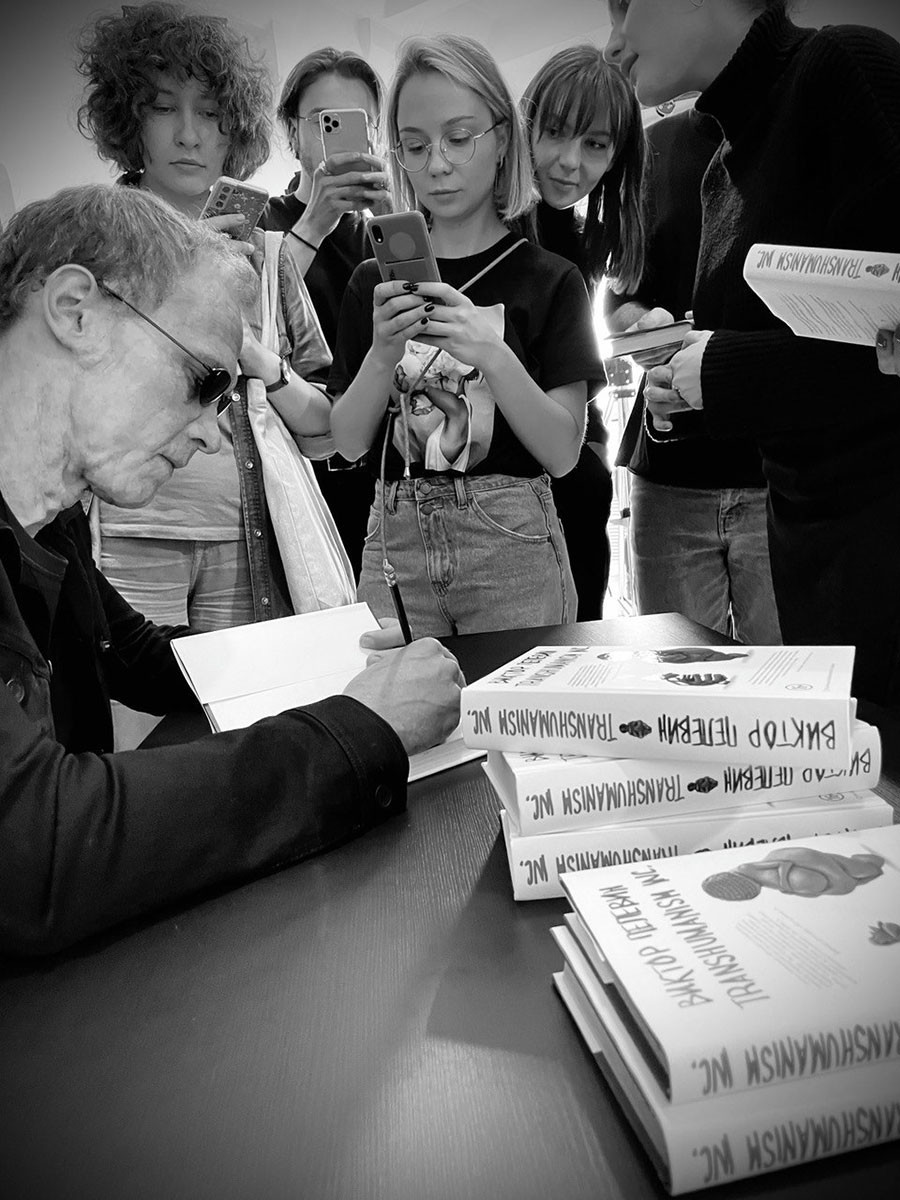
Photos with a man looking very much like Pelevin were published, as well. Few people actually believed that, but the news made waves in social media, regardless. It all ended up being a stunt orchestrated by the editor-in-chief of Russia’s Esquire Magazine, Sergei Minaev. Apart from spreading the photos of fake Pelevin giving autographs through an anonymous Telegram channel, he also put the actor, who pretended to be Victor Pelevin, on the cover of the new Esquire issue. Popular Russian actor Yuri Borisov, who wore tons of make-up, did a splendid impersonation of the elusive writer. The text on the cover stated: “Does Pelevin exist at all?”

“We wanted to dedicate our [October] issue to hoax and fake news,” Minaev said on Instagram. “And who should be on the cover? Who is the greatest mystificator of our time? Victor Pelevin, of course.”
Reclusive author
Each of Pelevin’s slightly misanthropic books unfailingly hits bestseller lists. Like a tree that invariably bears fruit, prolific Pelevin manages to write one book per year. How does he still do it?
Pelevin could easily rest on his laurels and “party like a Russian”, attending star-studded luxury events and TV shows. The problem is, Pelevin seems to be a true original, who refuses to be socialized. Glitz and glamour probably don’t tempt his brain of a professional engineer. The unconventional writer prefers to stay on the “other side of the fence” and by doing so his avid fans (an army of them, actually) perceive each of his new novels like a highly-awaited message miraculously found in a bottle purposefully thrown into the sea.
READ MORE: Is classic Russian literature really so depressing?
Pelevin is not only a writer, but a social diagnostician with an eye for the future.
Born in 1962 in Moscow, he debuted with a selection of stories entitled ‘The Blue Lantern’, which became the brightest prosaic piece of writing of the 1990s.
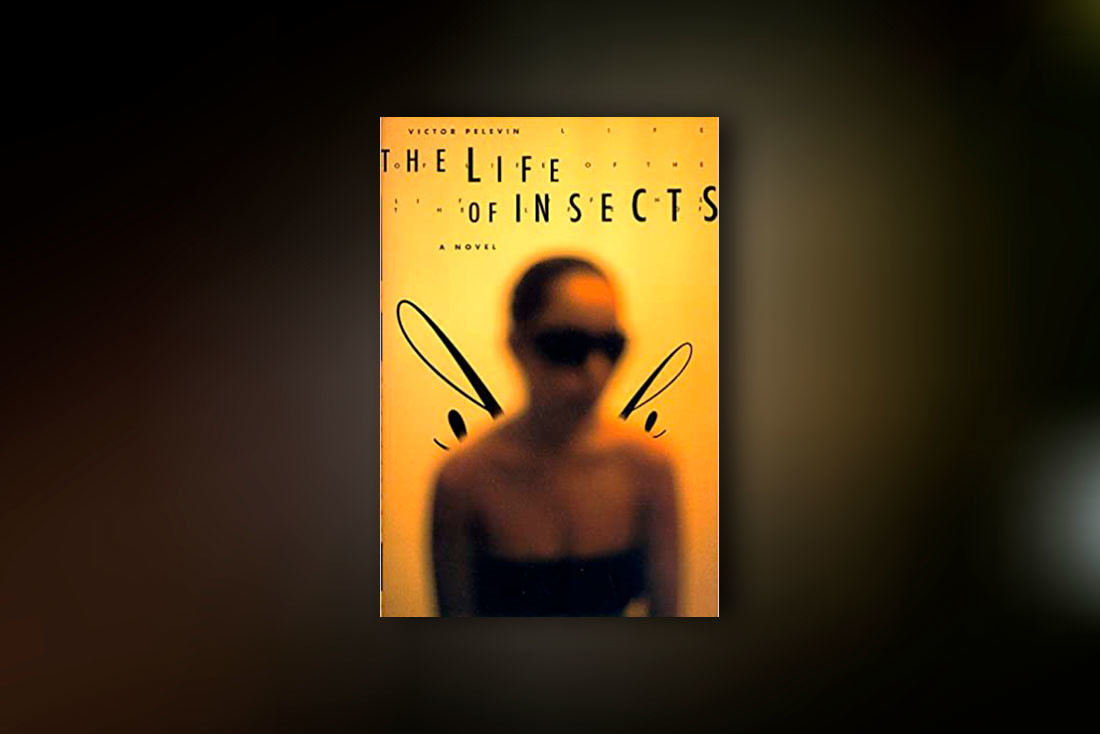
When it comes to crazy ideas, Pelevin has few rivals. Some say he is Russia’s sarcastic answer to Douglas Coupland (the man behind ‘Generation X’) and Chuck Palahniuk (‘Fight Club’).
His moving short story ‘Hermit and Six-Toes’ depicts the life of two chickens in an incubator. In it, Pelevin highlights the two equally tragic worst-case scenarios: either you are a Hermit, i.e. a non-conformist, or you conform to type, but if you’ve got six toes, society (the rest of the chickens) rejects you.
"Where do we come from?" – the Six-Fingered asks. “You know, only at very deep levels of memory does this question get an answer,” the Hermit replies.
From space race to Buddha
Pelevin’s first dystopian novel, ‘Omon Ra’, saw the light of day in 1992 and focused on a Soviet boy who dreams about becoming a cosmonaut, like Yuri Gagarin. Engaging and full of suspense, it tackles the absurdity of the Soviet way of life.
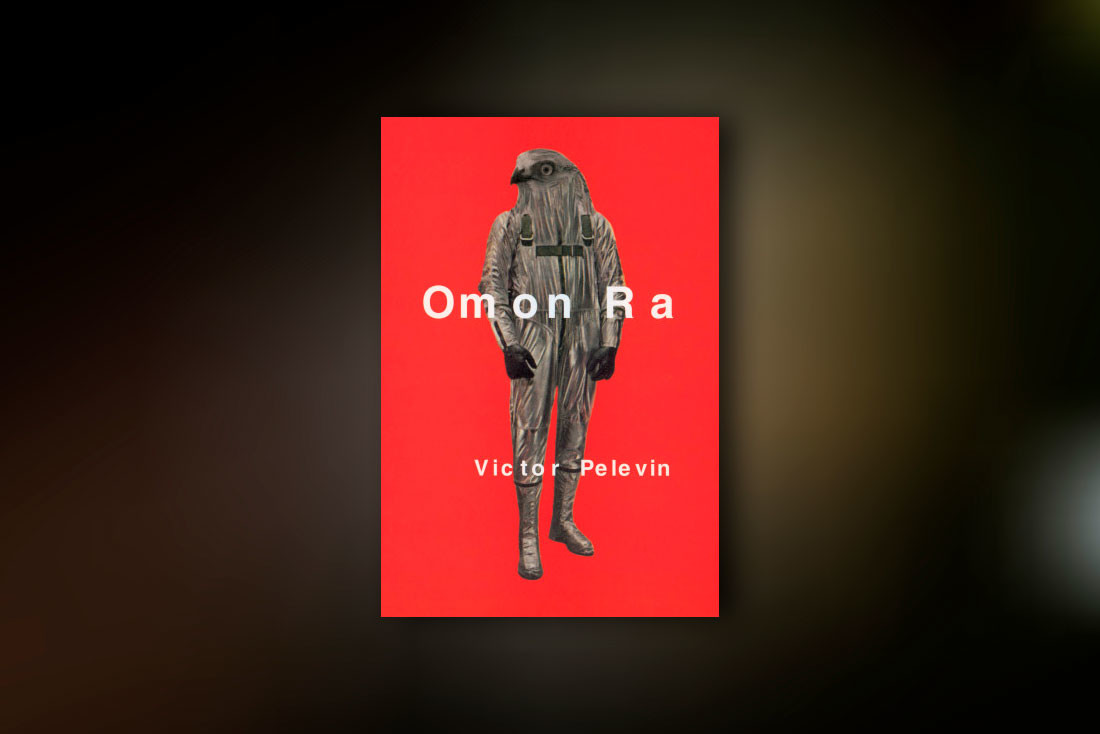
His undisputable masterpiece, ‘Life of Insects’, hit the shelves in 1993. Set in the early 1990s, the novel juxtaposes two parallel worlds: human and bug. Each of the characters appears in both (equally disturbing) roles, that of an insect and a human being.
Pelevin’s breakthrough novel ‘Budda’s Little Finger’ (known as ‘Chapaev i Pustota’ in Russian, referring to the famous Red Army commander who fought in the Russian Civil War) created a real buzz when it came out in 1996. Critics hailed it as the first “Zen Buddhist” novel in Russia, while, according to Pelevin, it was “the first novel in world literature, whose action takes place in total void”. The novel won international acclaim and was shortlisted for one of the world’s most prestigious awards, the Dublin Literary Award. ‘Budda’s Little Finger’ covers two periods: the 1919 Civil war and post-perestroika Russia in the mid-1990s. A mix of absurdity, banality and irony, it’s a book that you either hate or like.
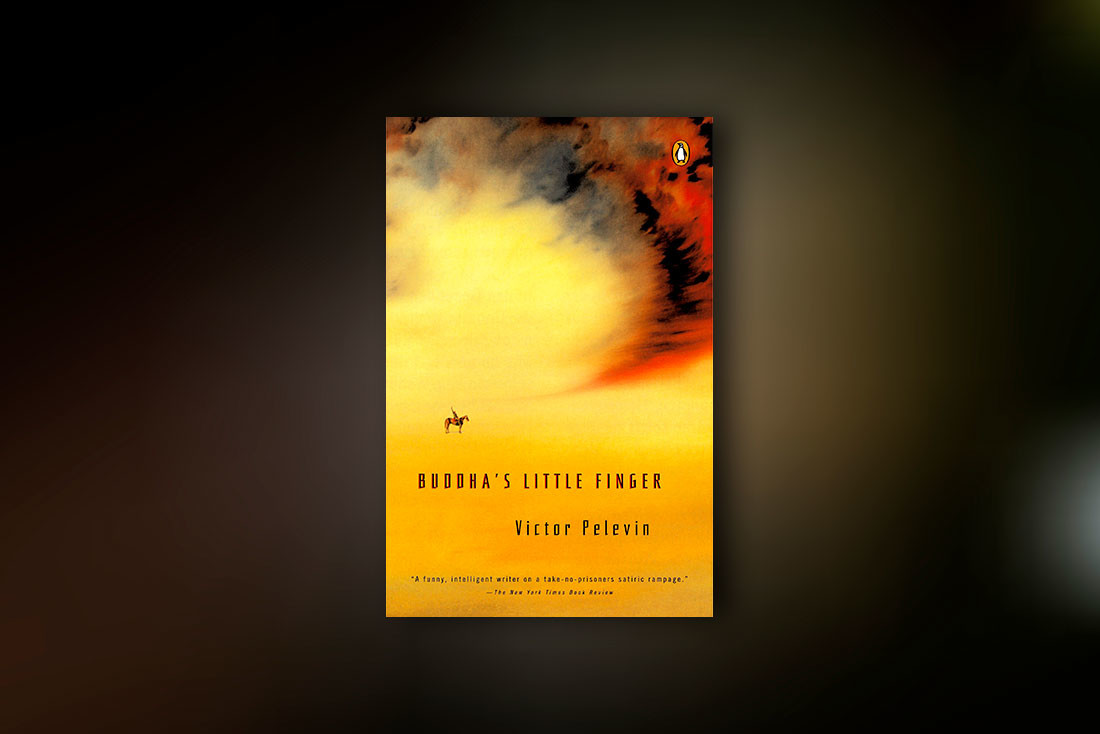
His next tour de force, ‘Generation P’, catapulted Pelevin to fame, becoming a cult bestseller. The action takes place in the 1990s after the collapse of the Soviet Union. The protagonist, Vavilen Tatarsky, has just graduated from Moscow’s Institute of Literature (where Pelevin himself had once briefly studied). He is full of high hopes and ambitious dreams. But after a series of failures, he finds himself in the world of advertising. That’s where his career finally takes off! Tatarsky gets a taste of the life filled with money, sex, drugs, criminals and power. In 2011, the novel was screened by Victor Ginzburg, becoming the first and only feature length movie adaptation of the author’s works. Another Ginzburg movie based on Pelevin’s novel ‘Empire V’ is due to be released in late 2021.
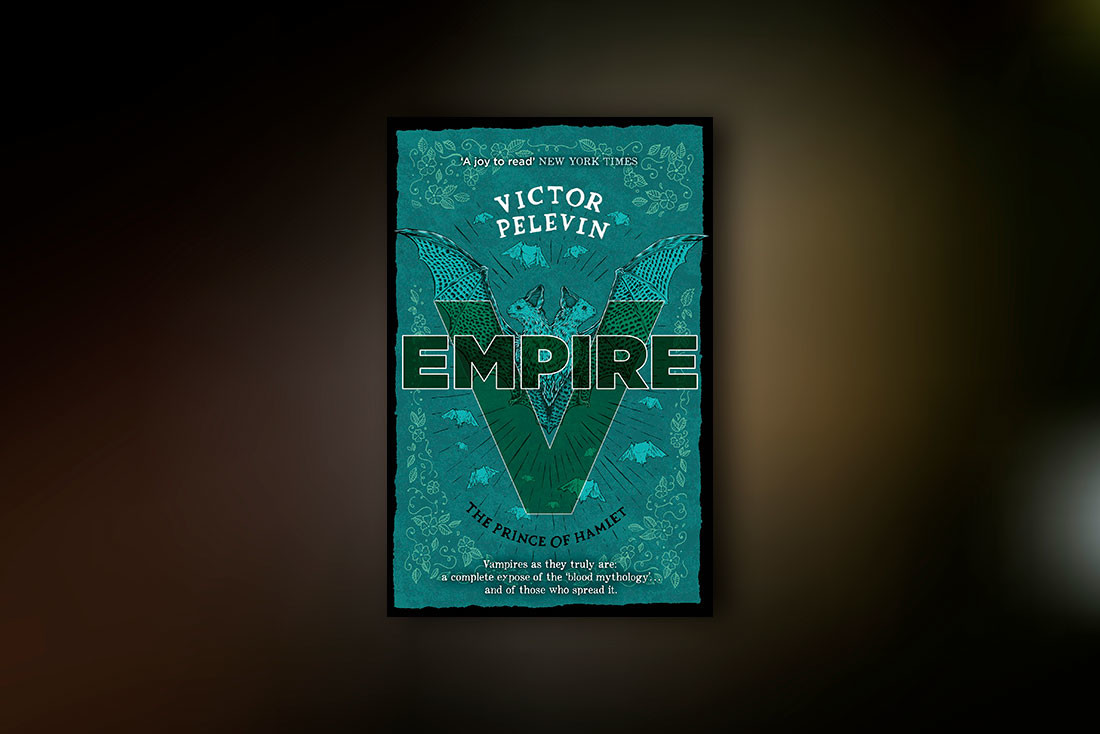
‘Empire V’, which came out in 2006, focuses on Roman Shtorkin, a young man who becomes a vampire. The funny thing is, it’s damn hard for him to be a vampire and Shtorkin attempts to answer some eternal questions like “What is truth?”, “What is God?” and “What happens after death?”
Those questions have long since been answered.
“The value of a book is not determined by how many people read it,” Pelevin wrote in his sixth novel, ‘The Sacred Book of the Werewolf’. “The greatest books have few readers because reading them takes effort. But it is precisely because of this effort that the aesthetic effect is born.”
The 2004 novel itself revolved around an affair between a smart and sexy werefox, who is several thousand years old, and a werewolf FSB officer.

Despite a growing quantity of books, it seems that with each new novel (‘S.N.U.F.F’, ‘Batman Apollo’, ‘The Caretaker’, ‘IPhuck10’, ‘Secret Views of Mount Fuji’, ‘The Art of Light Touches’ and ‘Transhumanism Inc.’) Pelevin has moved further and further away from the “human” agenda.
Each of his books reveals technical mastery, stylistic virtuosity and brilliancy of laconic wit. And yet, one has a feeling that Pelevin writes one and the same book over and over again. Ask a killer question about what his novels are all about and get a killer answer: they are hardly anything more than a veiled nothing. Imaginative, surreal and futuristic, they are devoid of content and sense and are as strikingly empty as a half-empty glass. It’s not a fatal flaw, but a smart game plan. You could always blame it on modern life, void of genuine connection and meaning.
Reading Pelevin is sort of a challenge hard to stomach. His language is irritating, twisted and disturbing. “Reading is communication and our social circle makes us what we are,” the writer said in ‘The Sacred Book of the Werewolf’. Pelevin’s books have been adapted for stage and screen, for they are philosophically engulfing and visually captivating.
Call him a genius, a prophet or a hermit, it won’t change anything. And even if “Akela has missed his kill” and probably doesn't have anything new to say, there is only one Victor Pelevin.
READ MORE: Top 10 CRUCIAL fictional male characters in Russian literature
If using any of Russia Beyond's content, partly or in full, always provide an active hyperlink to the original material.
Subscribe
to our newsletter!
Get the week's best stories straight to your inbox